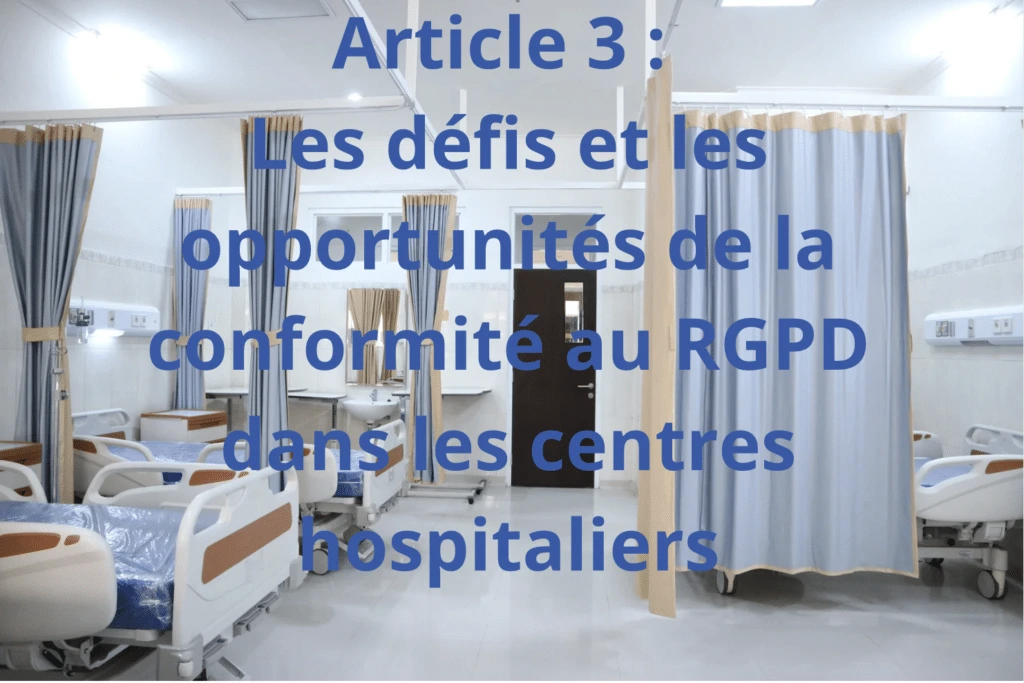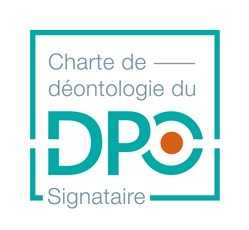The Challenges and Opportunities of GDPR Compliance in Hospitals
Compliance with the General Data Protection Regulation (GDPR) is a major challenge for hospitals, due to the sensitive nature of the health data they process. However, this compliance also presents significant opportunities to improve patient data protection and strengthen trust in healthcare institutions.
Complexity of Information Systems
Hospitals manage a large amount of health data from various sources, including electronic medical records, patient management systems, laboratories, pharmacies, and more. GDPR compliance requires a deep understanding of these systems and how data is collected, stored, and processed.
To address this challenge, it is essential to conduct a comprehensive data mapping exercise, identifying the types of data collected, the purposes of processing, data flows, and the security measures in place to protect them.
Diversity of Stakeholders Involved
Hospitals consist of multiple departments and stakeholders, such as doctors, nurses, administrative staff, IT departments, and more. GDPR compliance requires close collaboration between these different stakeholders to ensure that all parties understand and adhere to data protection obligations.
To tackle this challenge, it is recommended to implement awareness programs and GDPR training, tailored to the various roles and responsibilities within the institution. This will ensure a common understanding of data protection issues and foster a culture of privacy respect.
Sensitivity of Health Data
Health data is among the most sensitive and personal. GDPR compliance therefore requires hospitals to implement enhanced security measures to protect this data against unauthorized access, leaks, or privacy breaches.
To address this challenge, hospitals must adopt robust privacy and security policies, implement access management protocols, encrypt sensitive data, conduct regular security audits, and appoint a Data Protection Officer (DPO) responsible for overseeing and ensuring GDPR compliance.
Opportunities of GDPR Compliance
Despite these challenges, GDPR compliance offers significant opportunities for hospitals:
Improved Patient Data Protection
By complying with the GDPR, hospitals strengthen the protection of their patients’ personal data. This leads to greater confidentiality, better consent management, and reduced risks related to data security.
Strengthened Patient Trust
GDPR compliance demonstrates hospitals’ commitment to protecting their patients’ privacy. This helps build patient trust in the institution and fosters long-term, trusting relationships.
Enhanced Institutional Reputation
Hospitals that comply with the GDPR benefit from a positive image regarding data protection and privacy respect. This can attract new patients and strengthen their reputation as institutions that prioritize data confidentiality.
Thus, despite the inherent challenges of GDPR compliance, hospitals can leverage this regulation to improve patient data protection, strengthen trust, and enhance their brand image.
At My Data Solution, we understand the specific challenges hospitals face in achieving GDPR compliance. We offer tailored solutions to help them comply with this complex regulation while strengthening patient trust and ensuring the security of health data.





